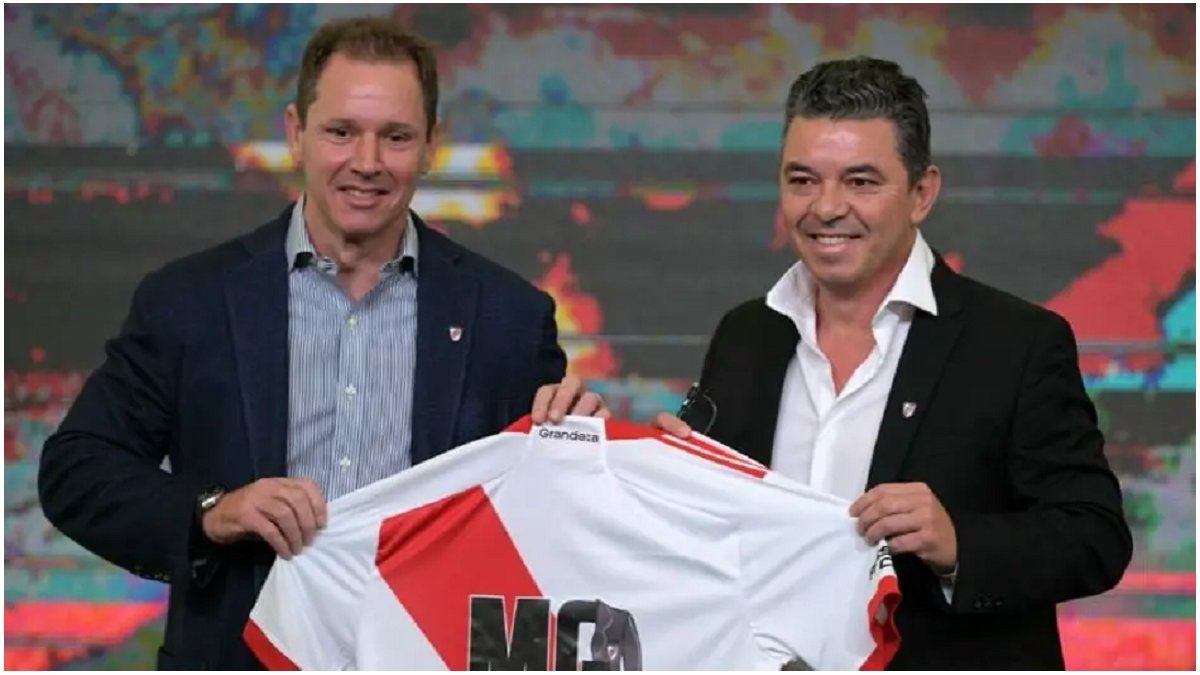The German biathlon team wanted to fight for the medals in every race at the World Championships. So far the yield is zero. One point of criticism is the skis. They are not running yet.
Vanessa Voigt would like to disappear. The journey from the World Cup arena in Nove Mesto to Östersund, over 2,100 kilometers away. In central Sweden, the German biathlon team achieved two victories and eight more podium places in the best start to the season in history – there were also yellow jerseys for Roman Rees, Philipp Nawrath and Franziska Preuß.
Ten weeks later, there is sadness at the World Cup in the Czech Republic after part one. “Of course we would like to fly to Östersund and hold the second week of the World Cup there,” said the visibly annoyed Voigt, who came third twice at the start of the World Cup.
Because one thing worked particularly well in Sweden: the material. But it was very cold there, whereas in the Czech Republic the temperatures are significantly above zero and it often rains. And despite a lot of effort, the technicians have not yet found an effective solution. “We have to turn everything inside out,” said sports director Felix Bitterling, who emphasized that the previous lack of medals could not only be blamed on the material. There were too many mistakes, especially in the men’s pursuit race on Sunday. “The current complex performance is not acceptable,” admitted veteran Benedikt Doll.
Databases worthless
The focus, however, is on the immensely important task of the technical team, whose work has changed massively since this season. The world association IBU implemented an EU directive banning certain fluorine compounds. They are considered harmful to the environment and health, but they make the skis water and dirt repellent and therefore glide quickly and for longer.
Since the ban on fluorine wax, the technical team can no longer fall back on decades of past experience. The databases filled with information about each World Cup location are worthless, everything has been set to zero. The German chief technician Sebastian Hopf (39) spoke of “pretty extreme conditions” even before the debacle in the men’s sprint on Saturday, which also meant that the pursuer was of no value on Sunday.
Wax durability a problem
In addition to the very rare, wet conditions, there are the mild temperatures, the dirt on the track, the lack of frost overnight and the large amount of “oversummer snow that is almost compressed into a layer of ice.” Above all, the “durability” of the wax is a problem, says Hopf. And Bitterling added: “Every week it’s a dance on the razor blade and a blade like that is narrow.”
In Nove Mesto, six technicians are on site in two wax trucks, and three colleagues from the Oberhof technology center with a mobile grinding machine are there for the World Cup. The difficult thing, however, is that from around 200 wax mixtures and up to 70 so-called hand structures, you have to find the combination that is best for the respective circumstances. In addition, there is the ski grind, which displaces the water the most.
After intensive and constructive exchanges across the entire team, they have now come to the conclusion that the structure is probably the problem. Without fluorine, the difference can be “from grandiose to a minor Waterloo,” explained Bitterling on Monday. The technicians would work “day and night” on a solution; neither their capabilities nor their commitment would be doubted. “I am definitely sure that we will have better material in week two,” emphasized the sports director.
Seven more decisions
Franziska Preuß and her colleagues are already hoping for improvement on Tuesday in the women’s singles (5.10 p.m./ARD and Eurosport). “It’s important that everyone presses the reset button and everyone trusts each other. That’s the only way we can compete in the second week,” said Bitterling.
There are still seven medal decisions until Sunday, despite the failures so far it could still be a good World Cup. “I believe that we are very solid as a team, especially because of the positive course of the season and that from Tuesday we will see a different face and the results that the athletes have achieved,” said Bitterling.
Source: Stern
I am Pierce Boyd, a driven and ambitious professional working in the news industry. I have been writing for 24 Hours Worlds for over five years, specializing in sports section coverage. During my tenure at the publication, I have built an impressive portfolio of articles that has earned me a reputation as an experienced journalist and content creator.




